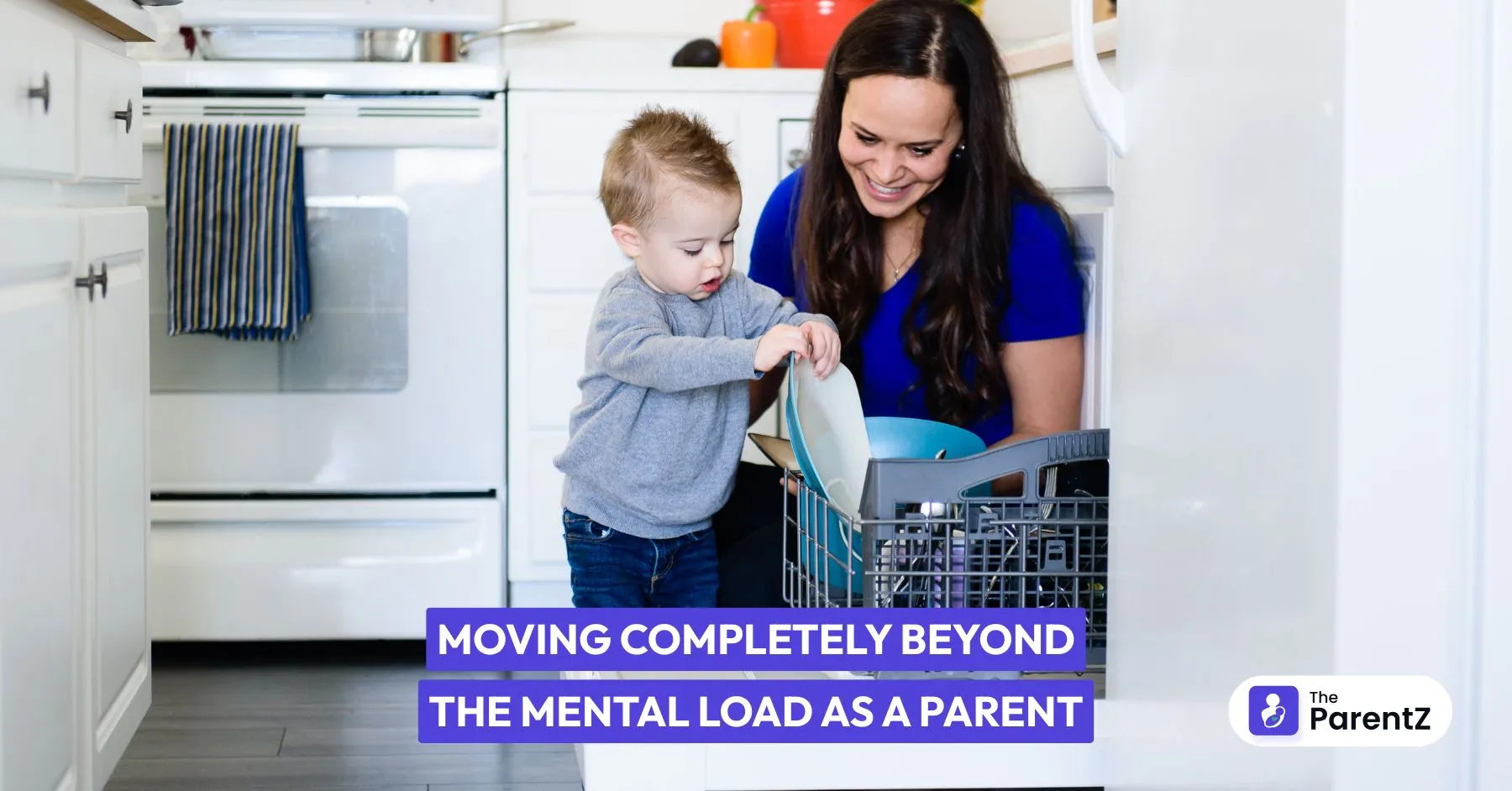You love your family. In reality—love doesn’t load the dishwasher, book pediatric checkups, remember birthday gifts, RSVP to the WhatsApp school group, and mentally juggle a to-do list that would make a Fortune 500 CEO sweat. That’s the mental load—the invisible, exhausting weight of thinking about everything, all the time.
And if you’ve been the default parent, you know this load doesn’t just sit on your shoulders—it climbs into bed with you, takes showers with you, and whispers grocery lists in your ear when you're trying to rest.
But what if we told you it’s possible—not easy, but possible—to start moving beyond it?
Read this article to explore how you can completely move beyond the mental load as a parent.
Understanding the Mental Load
The mental load isn’t just doing chores—it’s managing the thinking behind them. It’s project managing the household: noticing what needs to be done, planning for it, following through, and then redoing it all tomorrow.
If you've ever said, “I shouldn't have to ask,” or “Why am I the only one keeping track of everything?”—you’re in it.
Stop Being the Household Search Engine
“Where’s the toothpaste?” “Did you sign the school form?” “What’s for dinner?” Sound familiar?
It’s time to break the habit of being everyone’s default Siri. You’re not selfish for saying, “Check the drawer,” or “That’s your responsibility.” You’re modeling independence and shared responsibility, even if it feels uncomfortable at first.
Make the Load Visible
Have a sit-down. Write it out. Use apps, whiteboards, or sticky notes. Whatever helps you make the invisible load visible. Not to guilt-trip anyone—but to show that parenting is a full-time mental marathon, and if you’re running solo, you will collapse.
True equality isn’t saying “Let me know how I can help.” It’s looking around and knowing what needs to be done without being asked.
Don’t Just Delegate—Transfer Ownership
It’s tempting to hand over a task and still mentally track it: “Did he pack the lunchbox?” “Did she send the fee?” That’s still mental labor.
Start transferring ownership, not just tasks. If your partner’s in charge of meals, then meals are their mental load. Let go—even if it means cereal for dinner one night. The freedom is worth it.
Carve Out Time Where You're Not the Default
Give yourself space where you’re not reachable, not in charge, and not responsible for anyone but yourself. It could be an hour in a café, a weekly class, or a solo walk with your phone on silent. And don’t apologize for it. Mental rest isn’t indulgent—it’s survival.
Teach Your Kids Early
The mental load isn't just a partner problem. Kids can learn to pack their own bags, check their schedules, and yes, remember it’s library day. It won’t be perfect—but teaching responsibility and contribution early makes for less mental juggling later.
Conclusion
You won’t drop the mental load in a day. But you can start shifting it, piece by piece, conversation by conversation. Don’t let guilt hold you hostage. You are not just a logistics manager in yoga pants. You are a human being who deserves rest, joy, and breathing room.





Be the first one to comment on this story.